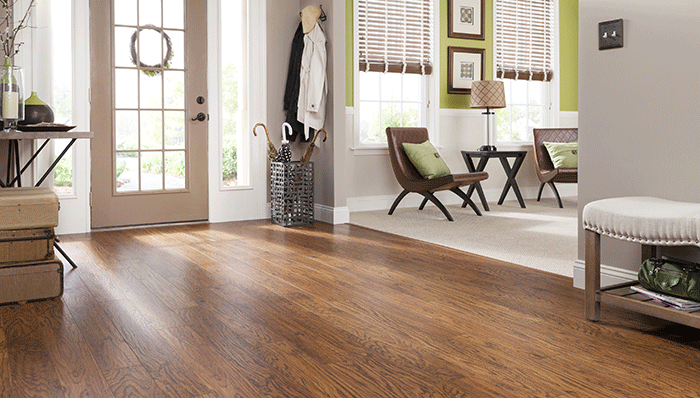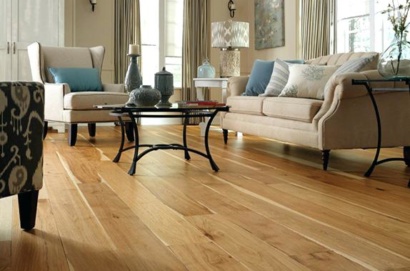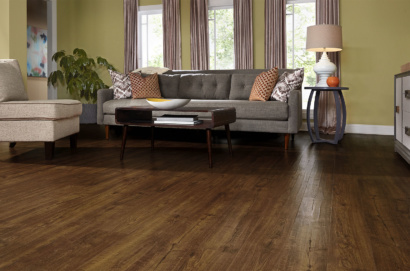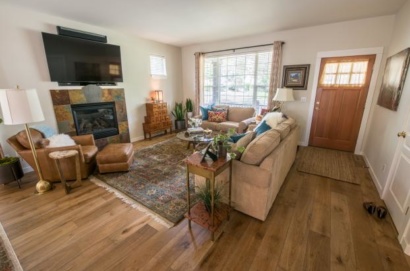
The density of the tile is measured by the amount of water it absorbs. Based on that amount, a tile falls into one of four categories. Those categories determine whether a particular tile is appropriate for indoor or outdoor use. Remember, a higher density bisque, one with only a few air pockets, results in a stronger flooring tile. High-density tile is also more suitable for outdoor use because it will absorb less moisture and be less prone to cracking in freezing temperatures than porous, lower density tiles (those absorbing more than 3% moisture).
Tile Density Classifications:
Non-vitreous tiles absorb 7% or more of their weight in water. They are suited for indoor use only.
Semi-vitreous tiles absorb 3% to 7% water and are suitable only for indoor use.
Vitreous tiles absorb 0.5% to 3% water and are considered frost-resistant. They are suitable for both indoor and outdoor use.
Impervious tiles are the strongest available. They absorb between 0 and 0.5% of their weight in water. These frost-resistant tiles are appropriate for indoor and outdoor uses.
Types Of Ceramic Tile:
Ceramic tile is available for flooring in both glazed and unglazed forms.
Glazed tiles are made exactly the same way as unglazed tiles, but they undergo an additional process. A glass wear layer is applied then subjected to tremendous heat in a kiln. This process liquefies the glass and fuses it to the bisque.
Glazes offer an unlimited array of beautiful colors and designs and create a surface that is practically stainproof. While appropriate for uses that range from light residential use to medium commercial traffic, most glazed tiles are not considered suitable for heavy duty commercial use.
There are a few glazes, thanks to recent technological advances, that are now hard and durable enough to stand up to the most demanding commercial applications.
Unglazed tiles are simply baked pieces of clay whose colors are determined by the mineral content of the clay. These tiles are the workhorses of the industry. Generally thicker and denser than glazed tiles, they include products such as quarry tiles and porcelains. The rugged surface texture and matte finish of the these tiles give them good slip-resistant qualities for use in wet areas.
The toughness of unglazed tiles make them ideally suited (but not limited to) extra heavy commercial installation.
Colors, which are limited to the natural colors of the clay, range from light sand to darker red brick tones. To increase the color range, manufacturers achieve a wide range of beautiful colors by mixing color pigment in with the clay.




